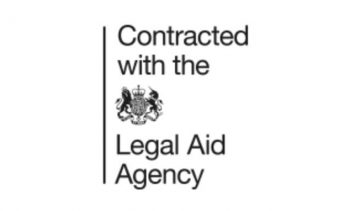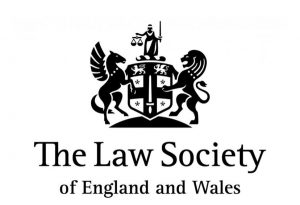When a loved one passes away, the last thing on any ones mind is the issue of debt. There are many misconceptions, and most are of the view that when a person dies, the debt dies with them. However, this is simply not the case.
What is the position if there are debts on on an estate ?
If a person passes away with debt, the debt will typically be paid out of the deceased estate. The estate of a person is made up of all person’s assets, such as, investments, personal items (cars and jewellery), home and cash and any other property that may be owned.
It is therefore the role of the exectors of the estate to find out what debt have been left behine and work out whether there are enough assest in the estate to cover the debt in question. If it transpires that there is not enough to cover the all debts – estate would become isolvent and creditors will be paid out in certain order until all of the money is gone.
Priority for debt on a solvent estate
Once the PR has been granted representation (letter of administration or probate), he or she can then begin the proceess of paying the debt of the deceased, this would include but not limited to things such as funeral cost, and administration expense before any money is distributed from those name to inherit in a will.
What is the order of priority of an insolvent estate
- Secured creditors (for example, mortgate repayments)
- Debts preferred by statute (such as income tax and council tax) B
- Bankruptcy expenses
- Funeral, testamentary and administration expenses
- Preferenrial debts
- Ordinary debt (such as credit cards and utility bills)
- Interest
- Deffered debts
What is the order of priority for debts on an insolvent estate ? .
There are times that the estate does not have enough money to cover all of the debts, the most important are paid off on order of priority.
It is therefore important to note as personal representative (PR) of an estate you may be held personally liable if you pay debts in the wrong order. That is why at Adel Jibs & Co Solicitors we suggest getting a professional involved. It is possible for the PR to administer the estate under the direction of the court pursuant to an administration order, or insolvency administration order made by the bankruptcy court.
What happens if a debt is held in joint names
Where a debt is held in joint names, such as a mortgage, the surving spouse or partner whose name is in mortgage documentation will take on the liability for the full outstanding amount.
Can debt pass to a spouse or civil partner ?
If the deceased borrowed in the their sole name, the the debt will not pass to spouse or civil partner or any other person unless a guarantor was involved in the loan.
Need to talk to us about Debt and Inheritance ?
Members of our private client team at Adel Jibs are here to help or any issue relating to debt and inheritance. Please telephone us on 02034173859 or email is info@adeljibssolicitors.uk
We are offering a telephone or video link appointment as we use technology to improve the administration of justice which gives you one hour of time with a solicitor for £75 + VAT. Please get in touch to book your appointment with us.
Our Previous Article:
Sismey V Salandron: Can A Claim Under The Inheritance Act Supersede Divorce Settlements?
5 tips on how to ensure that your digital assets are included in your estate planning.
Protection From Home Care Fees Using A Will
The information given here is intended for general information purposes only and should not be taken as legal advice.





